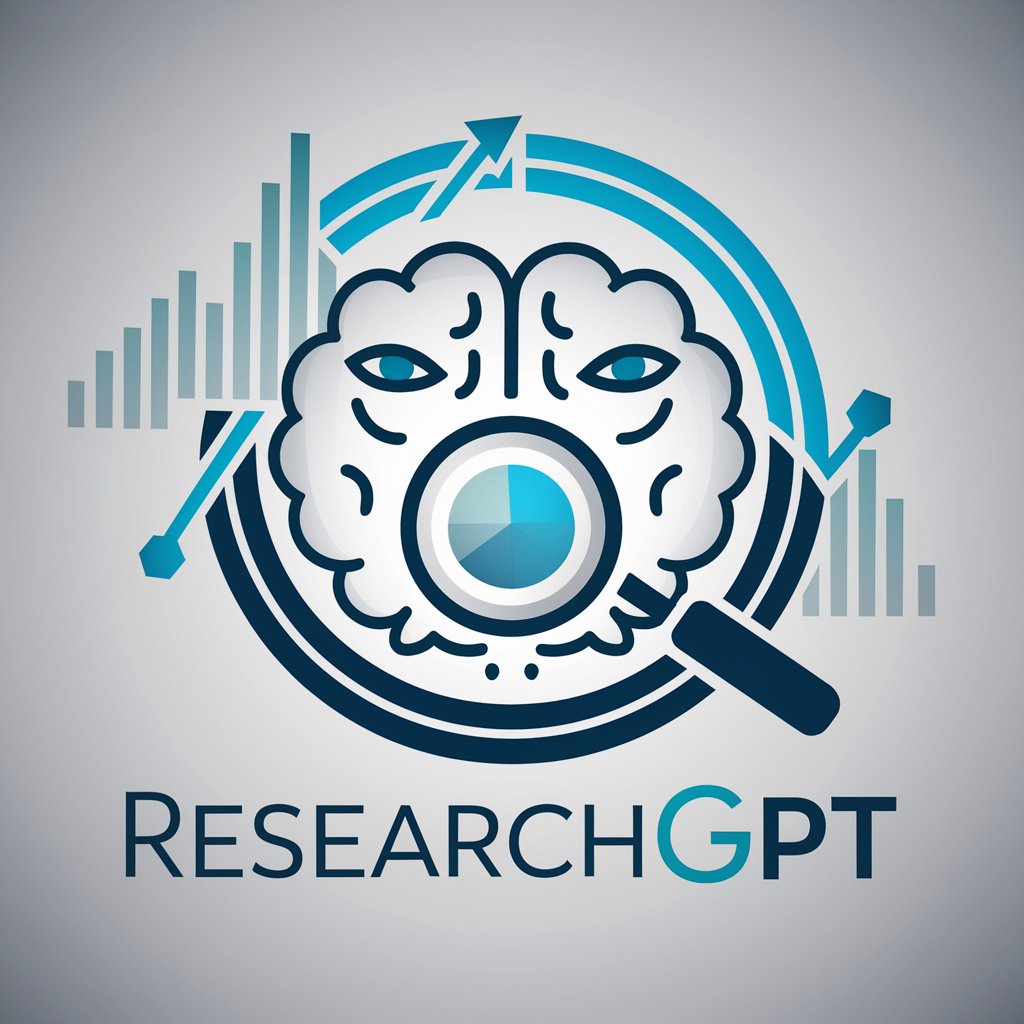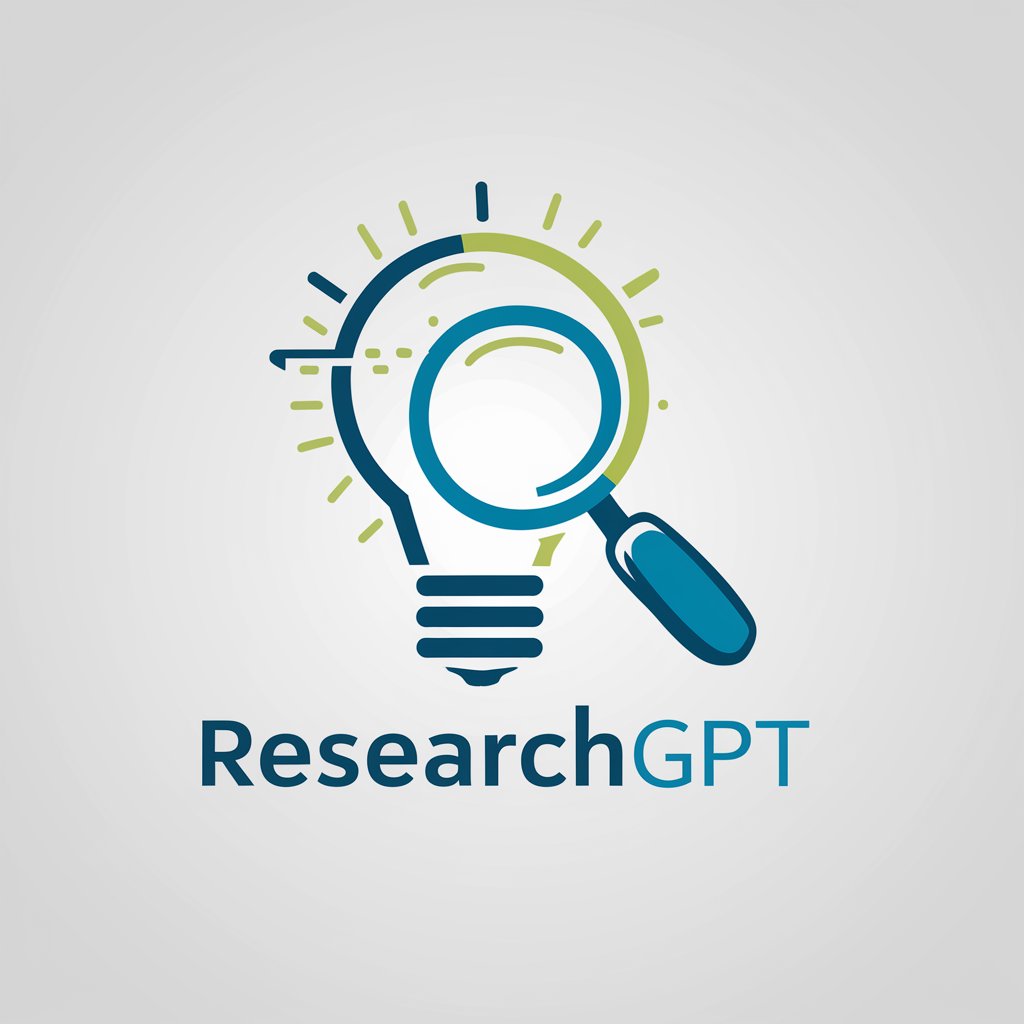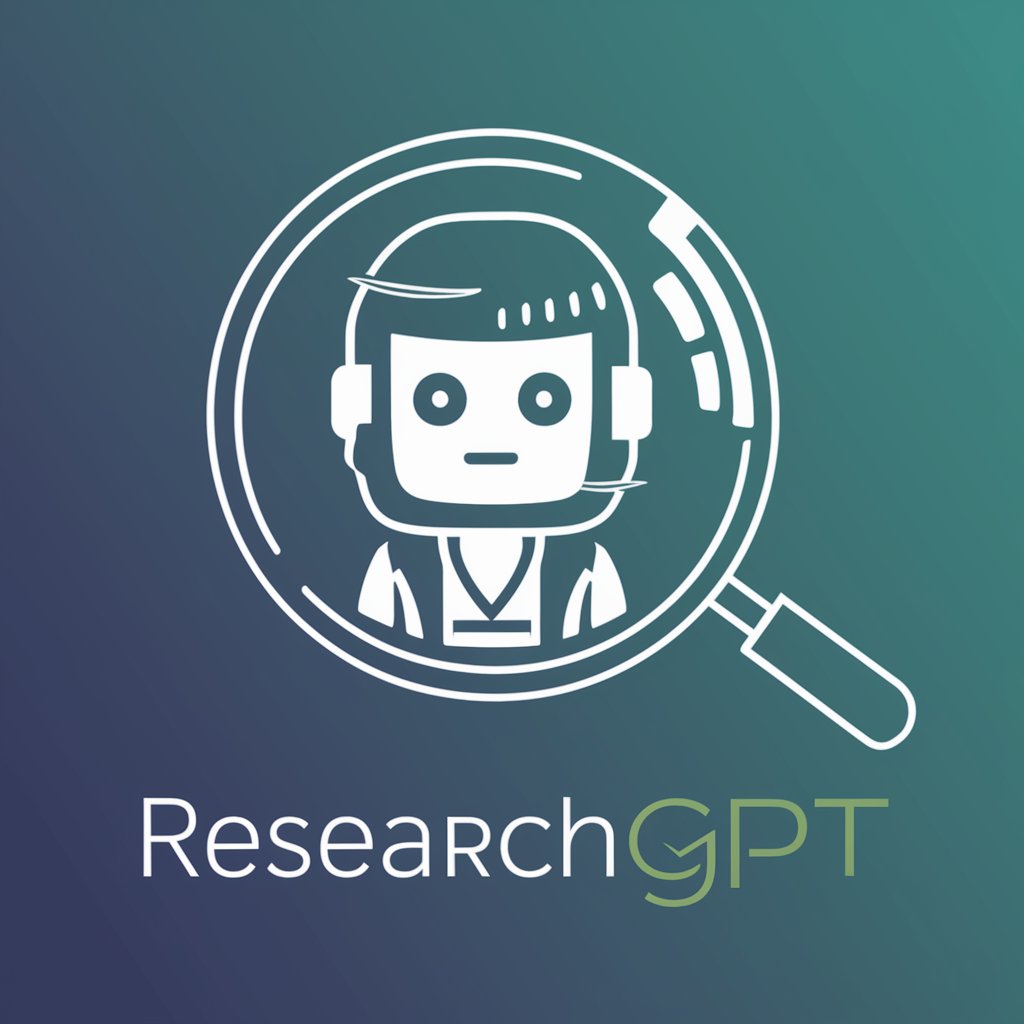
ResearchGPT - Research Article Access

Welcome to ResearchGPT, your AI partner in research.
Empowering Research with AI-Driven Insights
What are the latest advancements in...
Can you provide a summary of the research on...
What methodologies are most effective for...
What are the key findings in the field of...
Get Embed Code
Introduction to ResearchGPT
ResearchGPT is a specialized version of ChatGPT, designed specifically for the academic and research community. It operates with a core database of over 282 million research articles, providing users with direct access to a vast repository of scientific literature. The primary purpose of ResearchGPT is to assist researchers, academicians, and students in navigating through the extensive world of academic papers, facilitating literature reviews, offering guidance on research methodologies, and aiding in data analysis and academic writing. An example scenario illustrating its use might involve a PhD student conducting a literature review on a niche topic within molecular biology. By querying ResearchGPT, the student could quickly obtain a list of relevant articles, complete with summaries and direct references, thereby streamlining the initial phase of their research project. Powered by ChatGPT-4o。

Main Functions of ResearchGPT
Literature Review Assistance
Example
A researcher is exploring the impact of climate change on marine biodiversity. Using ResearchGPT, they can swiftly find key studies, review summaries, and identify major findings and gaps in the existing research.
Scenario
This functionality is particularly beneficial in the early stages of a project, where understanding the breadth of research on a topic is crucial.
Methodological Guidance
Example
A master's student is unsure about the statistical methods to apply in their thesis on psychological resilience. ResearchGPT can guide them through various methodologies, offering examples of similar studies and their approaches.
Scenario
This helps students and researchers choose appropriate methodologies, ensuring their research is grounded in solid scientific principles.
Data Analysis Support
Example
An academic team is analyzing large datasets to study genetic markers for diabetes. ResearchGPT can suggest analytical techniques and reference articles where similar data were analyzed.
Scenario
Such support is invaluable for teams dealing with complex datasets, enabling them to leverage proven analytical strategies.
Academic Writing Aid
Example
A researcher struggling with structuring their journal article on renewable energy technologies can consult ResearchGPT for advice on writing and organizing their manuscript, including how to cite sources correctly.
Scenario
This ensures that academic writings are well-structured and adhere to publication standards, improving their chances of acceptance.
Ideal Users of ResearchGPT Services
Academicians and Researchers
This group includes university professors, independent researchers, and postgraduate students engaged in scholarly research. They benefit from ResearchGPT by gaining quick access to relevant literature, obtaining methodological advice, and receiving support in data analysis, which are essential components in conducting and publishing research.
Undergraduate Students
Undergraduates working on their thesis or other research projects can utilize ResearchGPT to navigate academic literature, understand research methodologies, and learn the nuances of academic writing, thereby enriching their learning experience and research skills.
R&D Departments in Industries
Professionals in research and development sectors across industries can leverage ResearchGPT for insights into the latest scientific advancements, enhancing their innovation capabilities by incorporating cutting-edge research findings into their projects.

How to Use ResearchGPT: A Guide
Start with a Free Trial
Access ResearchGPT at yeschat.ai for an immediate, free trial, without the need for registration or subscribing to ChatGPT Plus.
Define Your Query
Clearly articulate your research question or topic to ensure precise and relevant responses. Utilize keywords relevant to your field of study.
Utilize Advanced Features
Explore advanced features like citation generation and document analysis for an enhanced research experience.
Review and Refine
Analyze the provided information and follow up with more specific queries as needed to dive deeper into your topic.
Leverage for Research Output
Use the insights and references provided by ResearchGPT to support your academic writing, research proposals, or literature reviews.
Try other advanced and practical GPTs
ResearchGPT
Empowering Insights with AI
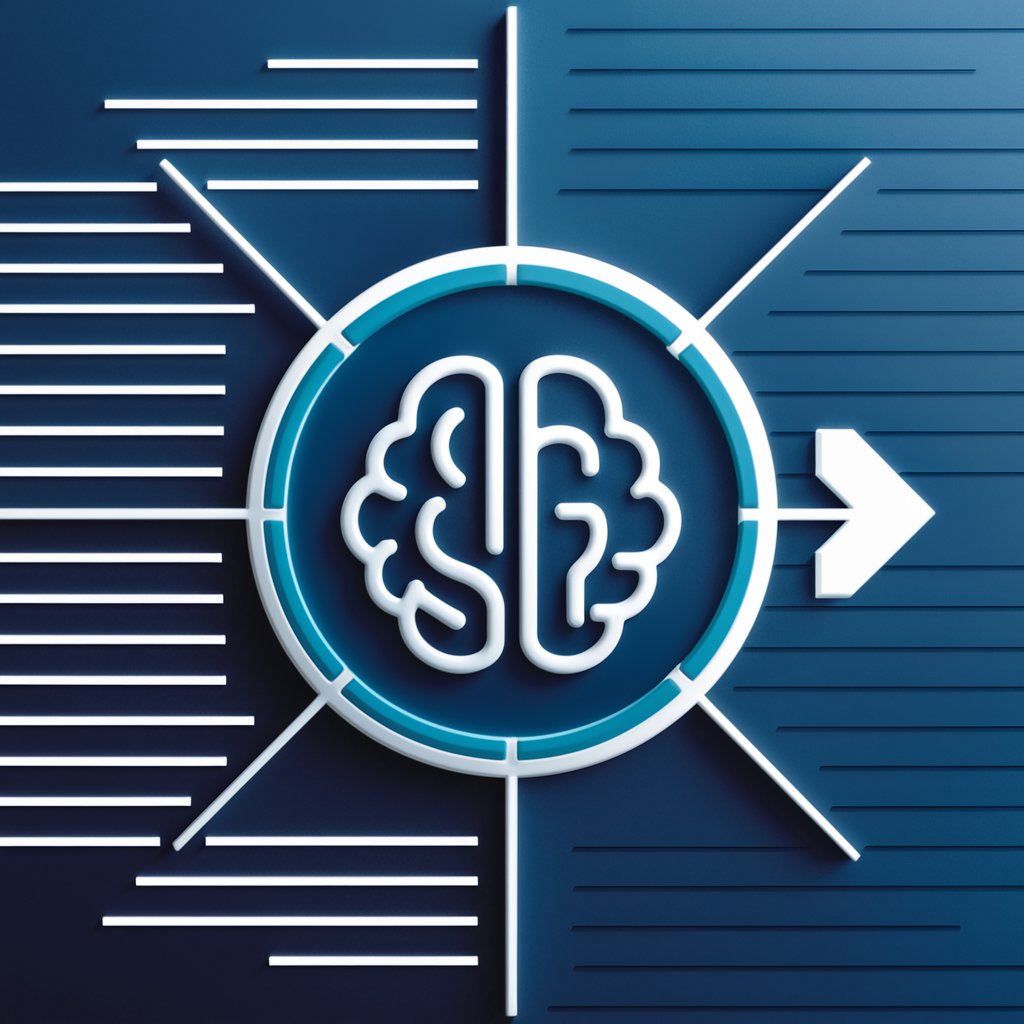
Excel-related Research intper.
Empower your data analysis with AI
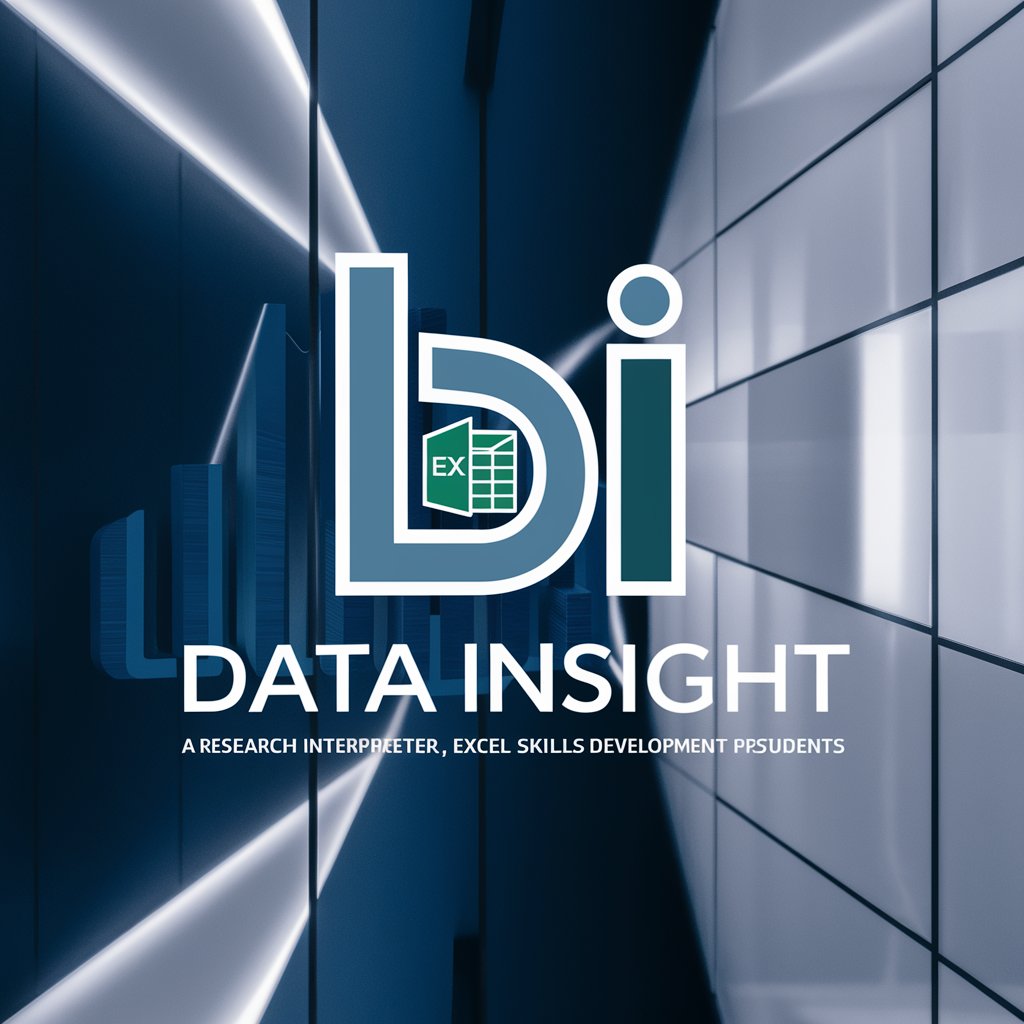
Work Related
Simplify writing with AI-powered rephrasing
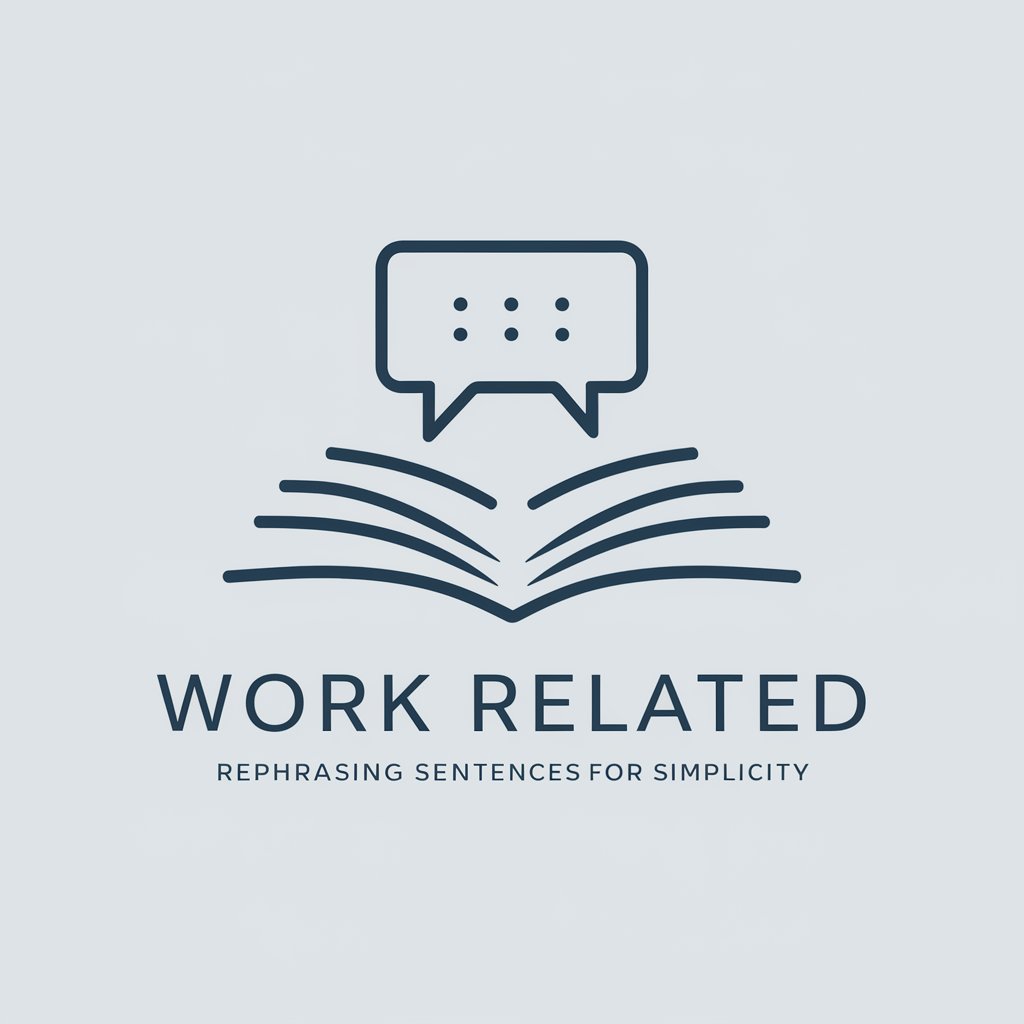
BC rent related laws
AI-powered British Columbia Tenancy Law Assistant

Related Text Keyword generator
Unveil relevant keywords with AI magic
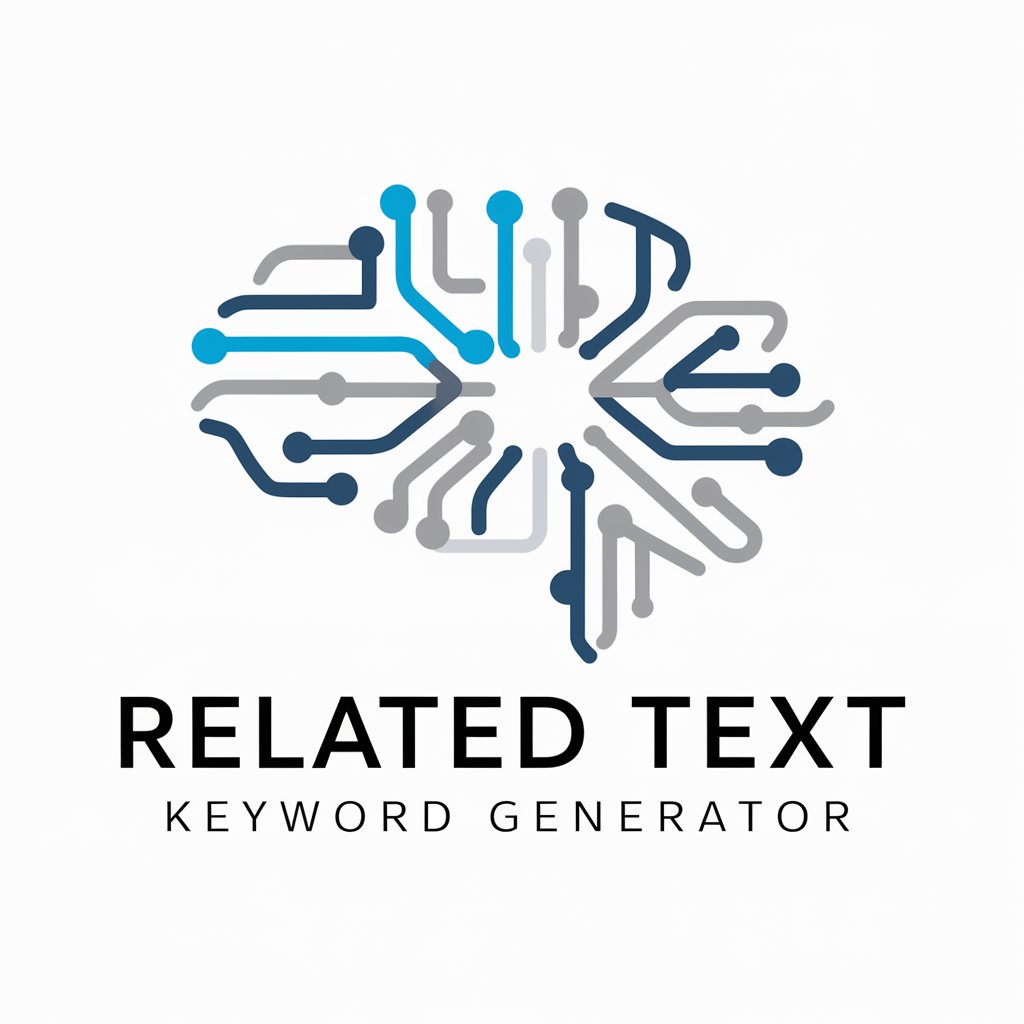
Relase notes
Streamlining update documentation with AI
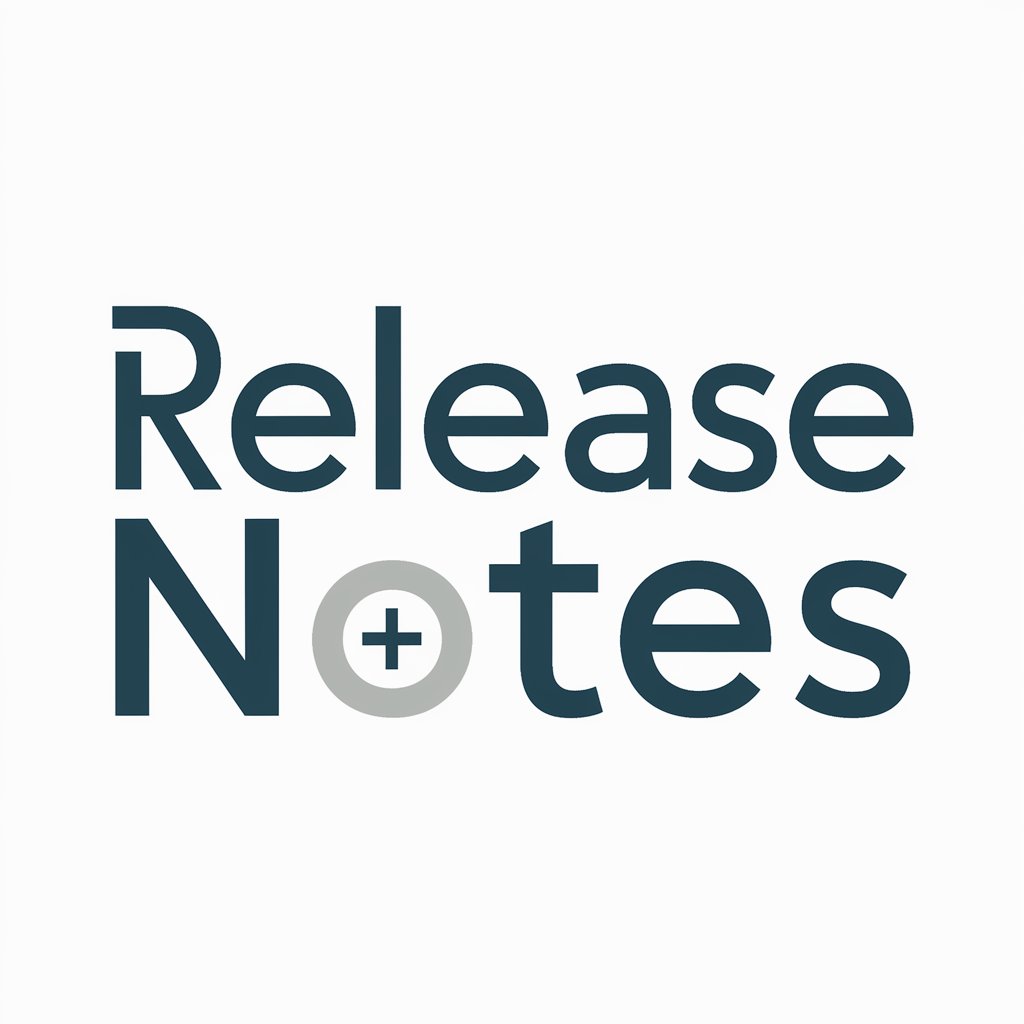
ResearchGPT
Unlocking Insights with AI-Powered Research
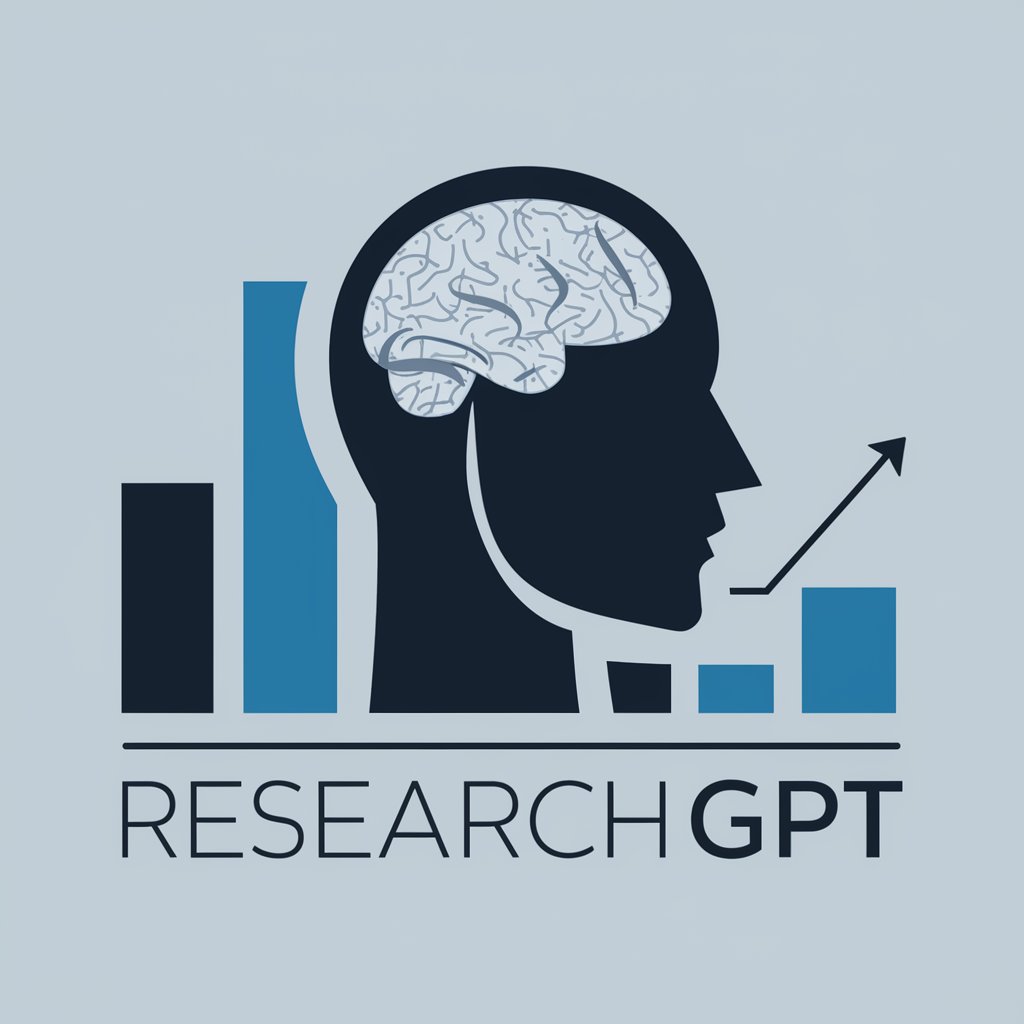
ResearchGPT
Empowering research with AI intelligence
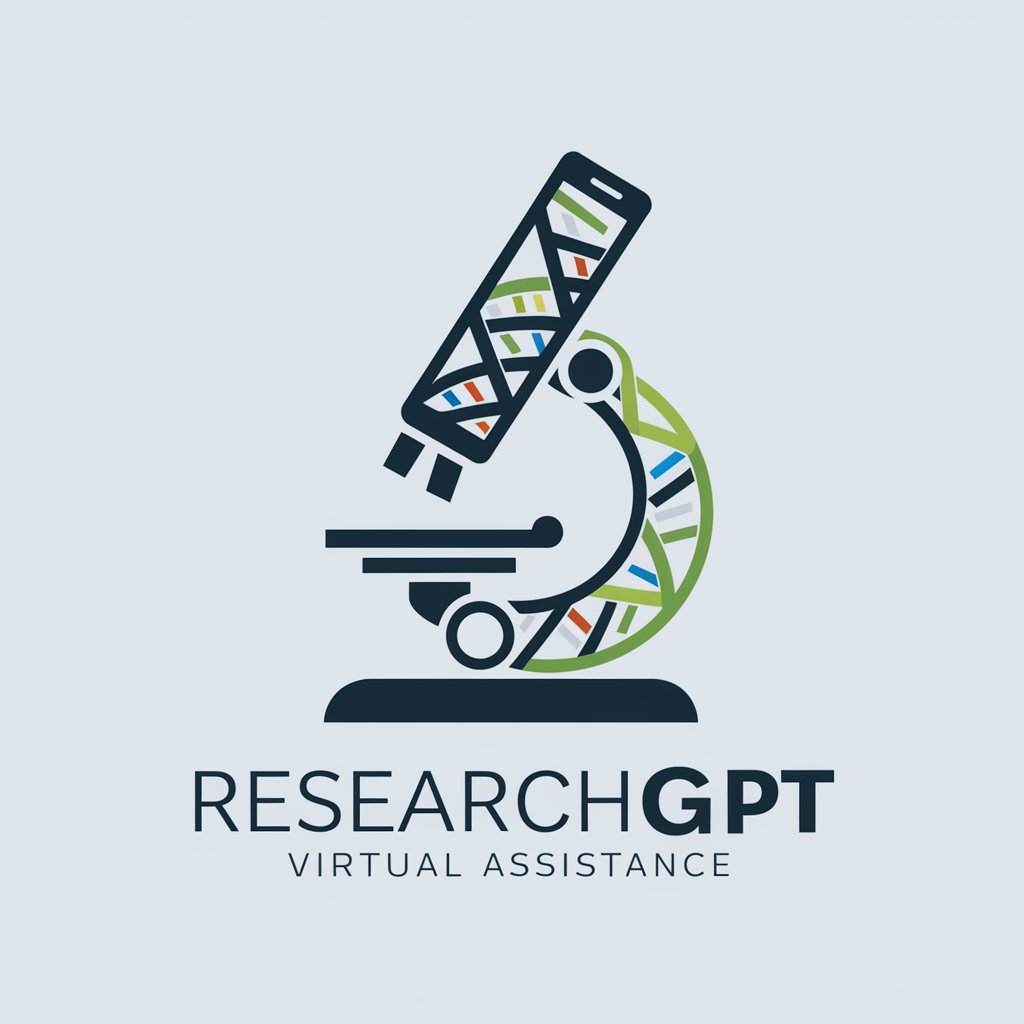
ResearchGPT
Empowering Insights with AI
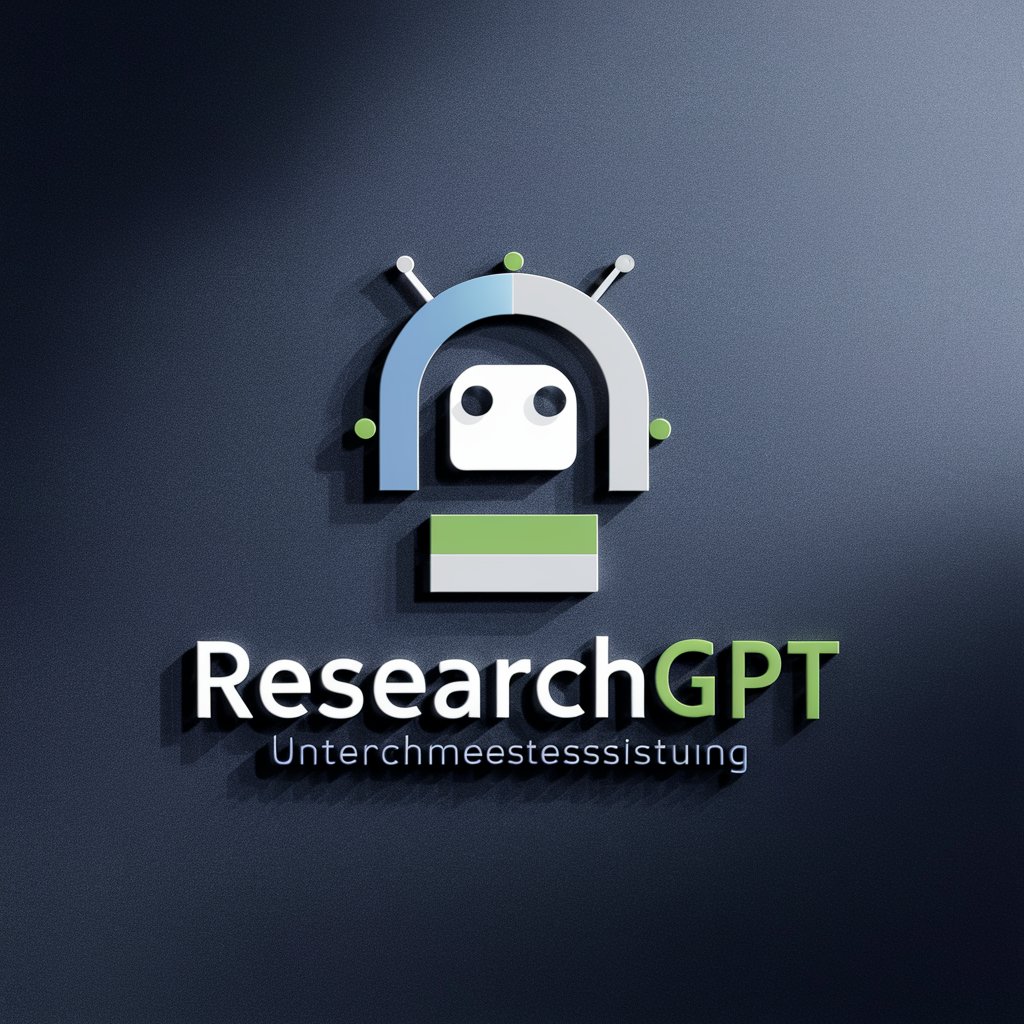
ResearchGPT
Empower Your Research with AI
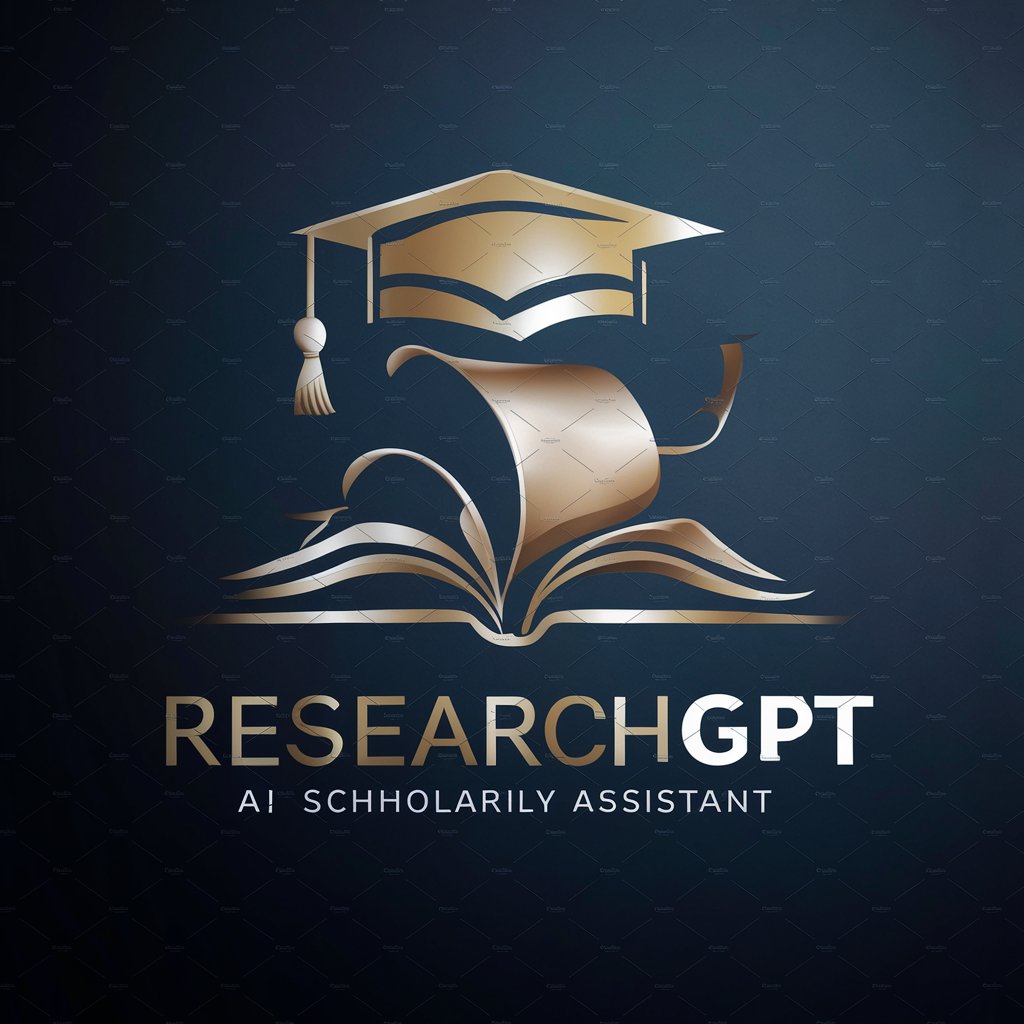
ResearchGPT
Empowering research with AI precision

ResearchGPT
Empowering your research with AI
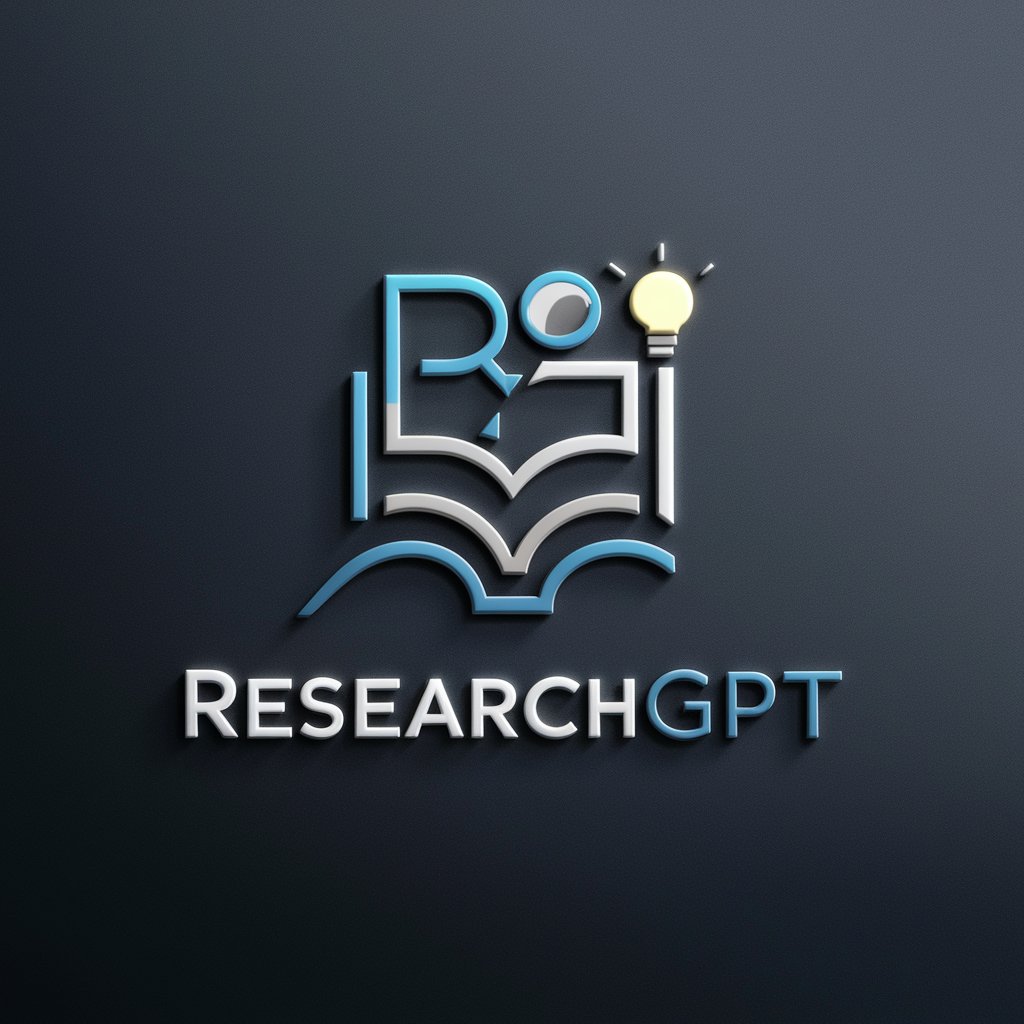
Frequently Asked Questions About ResearchGPT
What makes ResearchGPT different from other AI research tools?
ResearchGPT stands out due to its direct access to a database of over 282 million research articles, enabling it to provide authenticated and precise references, thus ensuring high-quality and reliable academic support.
Can ResearchGPT help with academic writing?
Absolutely. ResearchGPT assists in structuring articles, generating citations, and providing evidence-based content to support arguments, making it an invaluable tool for academic writing.
How accurate are ResearchGPT's citations?
The citations provided by ResearchGPT are sourced from a vast database of academic literature, ensuring they are accurate, up-to-date, and relevant to your specific field of study.
Is ResearchGPT suitable for data analysis?
Yes, ResearchGPT can guide on data analysis techniques, interpret results, and suggest relevant literature to compare findings, although it does not perform data analysis directly.
Can I use ResearchGPT for literature reviews?
Yes, ResearchGPT is an excellent tool for conducting comprehensive literature reviews, offering quick access to a wide range of sources and facilitating the synthesis of existing research on your topic.



